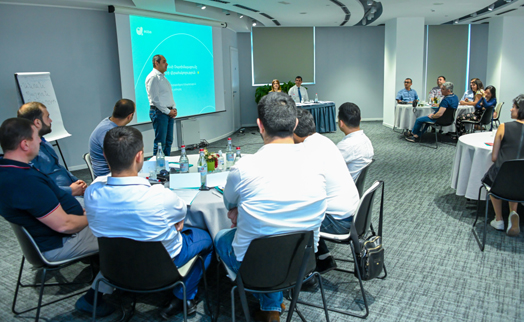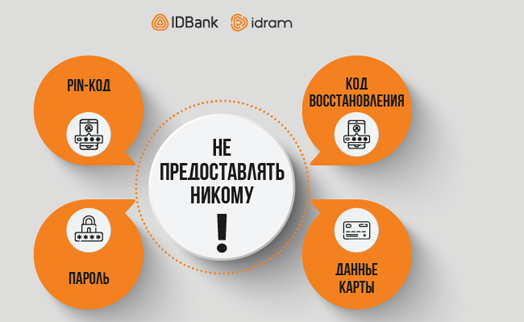YEREVAN, December 6. /ARKA/. Acba bank was the first bank in Armenia to start a series of free business training courses in 2013, designed specifically for the development of SME and to this day it has held 105 such courses, which involved managers of 820 small and medium-sized enterprises and 1,480 decision makers, the bank’s press service reported.
This year the bank has held 15 training course, which have been attended by more than 160 heads of small and medium-sized enterprises and about 260 decision-makers, who have gained new knowledge in different areas – from cash flow management to financial decision making, digital and business marketing, cost control, motivation and retention of staff in guest houses and taking care of guests to improve efficiency of business management.
As part of these business courses, the bank keeps the regions of the country in its focus as well. Since 2013 to date, 22 training courses have been held in the regions, attended by 184 managers of small and medium-sized enterprises and some 276 decision-makers.
In 2021, business trainings have been organized in Gegharkunik, Tavush and Shirak provinces, involving about 40 SME managers and more than 50 decision makers.
“Acba bank has been organizing and conducting free business courses for SME development for about 8 years. At first these courses were available only for the managers and decision makers of those SMEs which were the bank’s clients, but shortly afterwards the trainings became also available for the representatives of all SMEs operating in Armenia, since or goal is contribute to the development of the economy of our country with our knowledge and experience,” said Arsen Melkonyan, Deputy CEO of Acba bank in charge of streamlining business operations.
Free business courses conducted by Acba bank will continue next year as well. The next training course will be held in January 2022. Those wishing to participate can send an email to [email protected] or register on sme.acba.am.
Business trainings cover 12 themes:
1. Business cycles
2. Business development in conditions of instability
3. Business marketing
4. Digital marketing
5. Cash flow management
6. Cost oversight
7. Increasing working capital
8. Making financial decisions
9. Motivating and retaining guesthouse staff
10. Marketing of guesthouse services
11. Selling guesthouse services
12. Guest care. -0-








